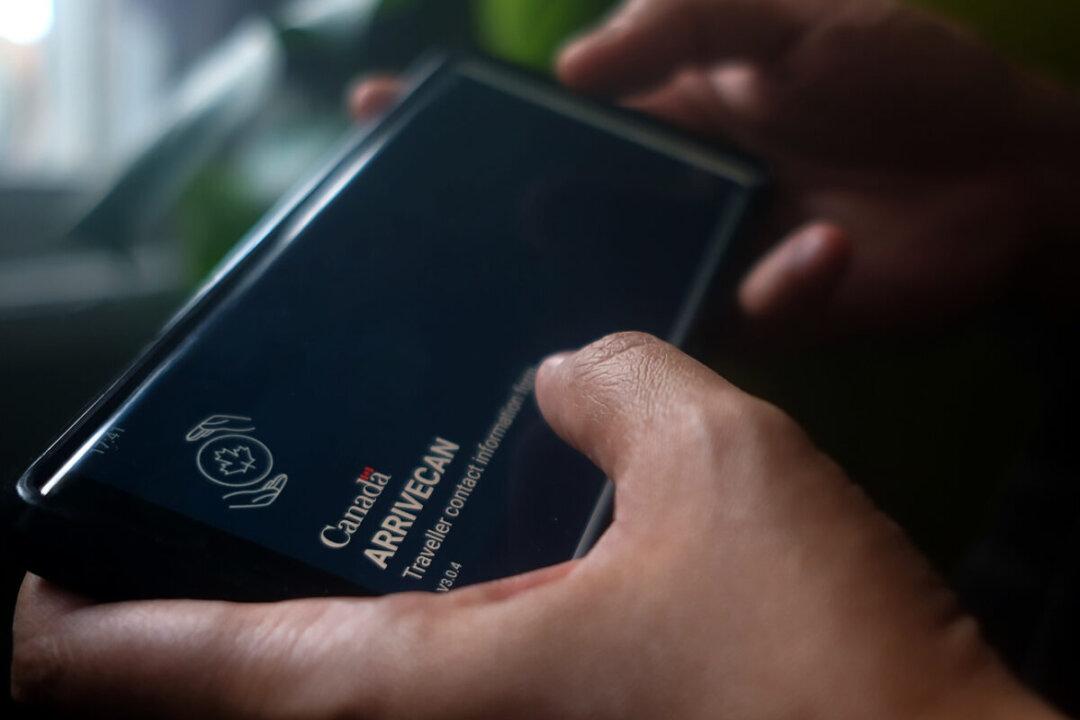The co-owner of an IT firm at the centre of the ArriveCAN scandal has testified that his decision to submit resumés to the government that inflated the work experience of contractors was a mistake and not fraudulent—a claim that caused several MPs to express disbelief.
“GC Strategies made a mistake by sending the wrong version of the resumé, which in turn ended up being submitted to the government of Canada for the task authorization,” GC Strategies partner Kristian Firth said in his opening statement at the Government Operations committee Nov. 2.





